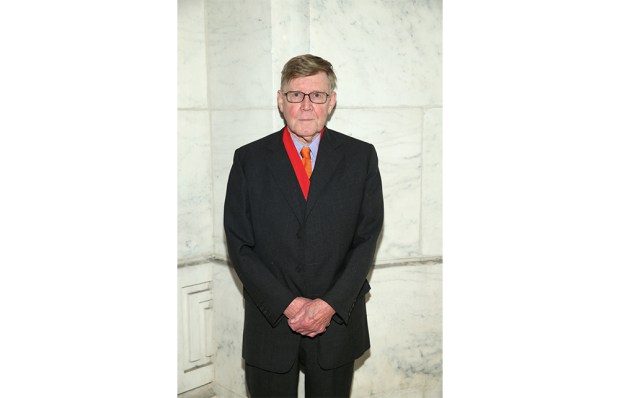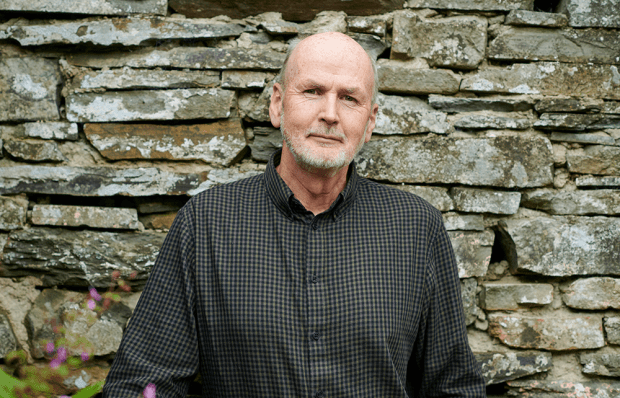Some books elucidate their subject, mapping and sharpening its boundaries. The Clock Mirage, by the mathematician Joseph Mazur, is not one of them. Mazur is out to muddy time’s waters, dismantling the easy opposition between clock time and mental time, between physics and philosophy, between science and feeling.
That split made little sense even in 1922, when the philosopher Henri Bergson and the young physicist Albert Einstein (much against his better judgment) went head-to-head at the Société française de philosophie in Paris to discuss the meaning of relativity.
Already a subscriber? Log in
Subscribe for just $2 a week
Try a month of The Spectator Australia absolutely free and without commitment. Not only that but – if you choose to continue – you’ll pay just $2 a week for your first year.
- Unlimited access to spectator.com.au and app
- The weekly edition on the Spectator Australia app
- Spectator podcasts and newsletters
- Full access to spectator.co.uk
Unlock this article
You might disagree with half of it, but you’ll enjoy reading all of it. Try your first month for free, then just $2 a week for the remainder of your first year.














Comments
Don't miss out
Join the conversation with other Spectator Australia readers. Subscribe to leave a comment.
SUBSCRIBEAlready a subscriber? Log in